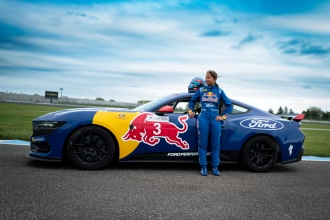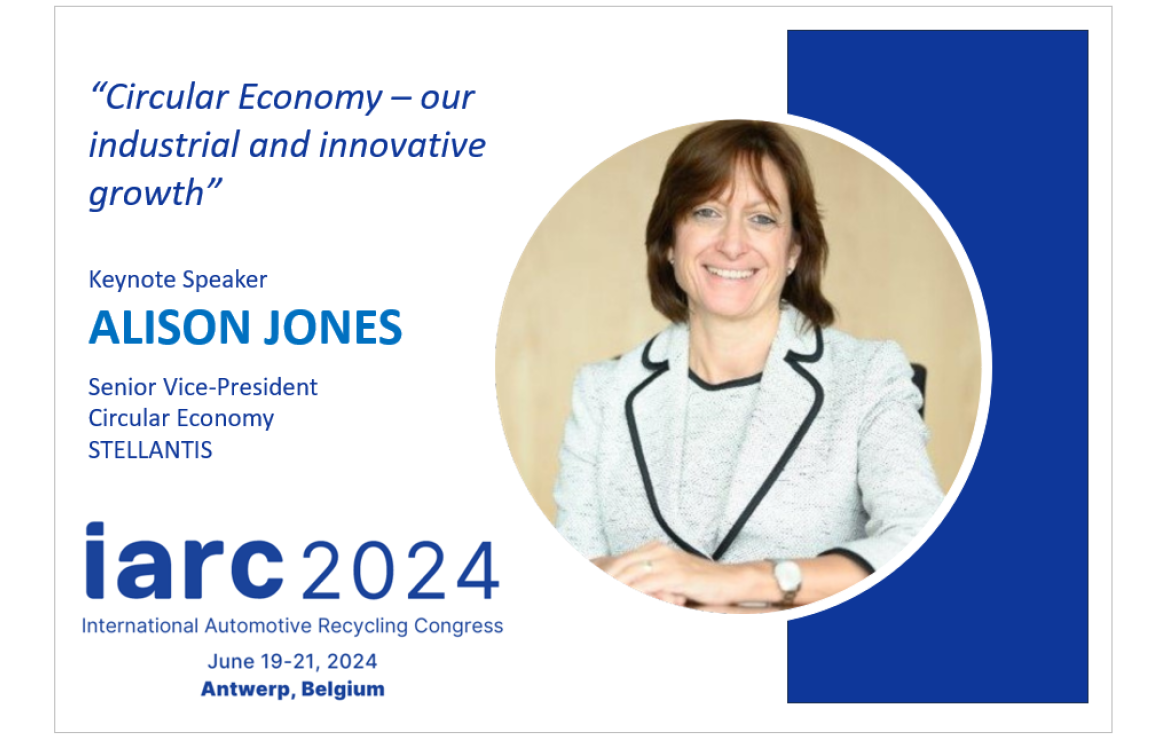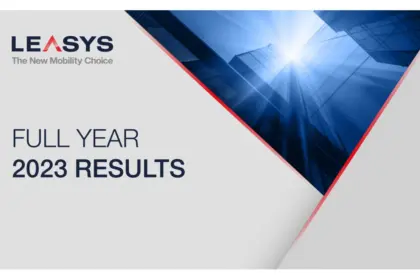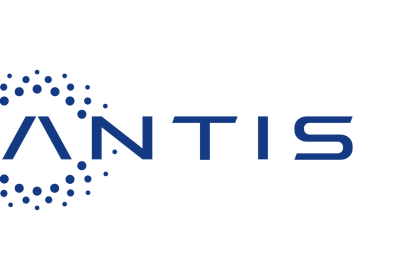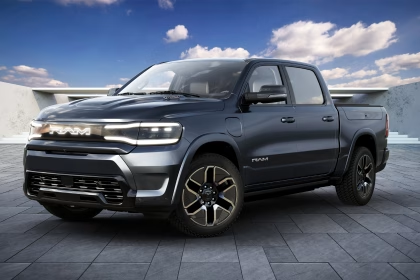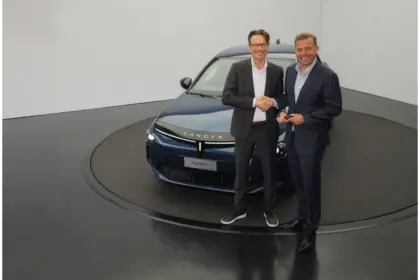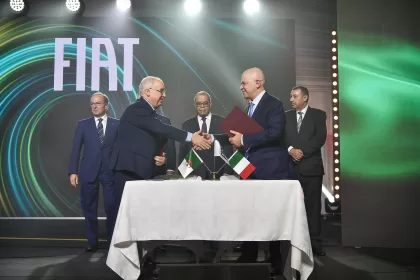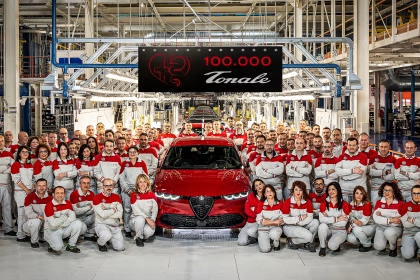- Stellantis confirms and reinforces its commitment to circular economy by developing its recycling activities as part of its Dare Forward 2030 strategy.
- End-of-Life Vehicles focus: the Valorauto’s car recycling service expansion plan, implementation of an Individual System in France, the material close loop of alloy wheels recycling in North America.
- Launch of the first recycled fluids in the After-market within the SUSTAINera RECYCLE offer.
- Alison Jones, Senior Vice President of Stellantis’ Global Circular Economy, delivered a keynote speech detailing the group’s recycling activities and ambitions at the International Automotive Recycling Congress 2024 (IARC) on 19 June.
SUSTAINera, Stellantis’ business focused on Circular Economy initiatives, is making considerable progresses on its efforts to revamp consumption model and grow its presence in recycling, expanding participation (share) in material sourcing while limiting impact on natural resources.
“Since the introduction of SUSTAINera, in 2022, we achieved very positive results in areas such as parts remanufacturing, battery recycling and end-of-life vehicles”, said Alison Jones, Senior Vice President of Stellantis’ Global Circular Economy, who delivered a keynote presentation at International Automotive Recycling Congress (IARC), in Antwerp, Belgium. “We remain committed to our target to increase recycling revenues by ten times and achieve more than €2 billion in total circular economy revenues by 2030 – fully in line with Stellantis’ Dare Forward 2030 strategic plan”.
Some of these positive results from the Circular Economy unit include:
Valorauto, the vehicle end-of-life solution
Since January 2024, Stellantis has been offering customers individuals and dealers in France, Belgium, and Luxembourg an end-of-life vehicle management service through the Valorauto platform. Whatever the brand and type of engine (combustion, hybrid or electric), it offers a comprehensive service, with collection free of charge and a financial return opportunity for the users.
Valorauto is the service provider belonging to the joint venture SUSTAINera Valorauto SAS between Stellantis and Galloo – a major player in automotive recycling. This joint venture works with selected Authorized Treatment Facilities, enabling the collection of the vehicle, its dismantling, and the recovery of parts to be re-used or to be remanufactured (including electric vehicles batteries or repurposing them in second life projects as energy storage). What remains can be recycled.
This is in line with the Company’s Circular Economy objectives to extend the lifespan of products and, when no longer possible, return the material back into the production loop to reduce waste and the environmental impact of new raw material demand, while creating economic value and being compliant with the European Regulation of Extended Producer Responsibility for vehicles.
More specifically, to be compliant with the French Circular Economy Law (Loi AGEC), Stellantis has developed its own Individual System to manage all Stellantis’ End of Life Vehicles, ensuring quality of the process from eco-design of vehicles to their end-of-life treatment, with the aim of participating in the development of the Stellantis circular economy.
The intention is to develop Individual Systems in other countries whenever it is possible, in accordance with the regulation requirements while expanding the Valorauto services across the main countries in Europe.
Alloy Wheels Recycling in North America
Within the material close loop mindset, Stellantis has already set up a recycling channel for alloy wheels in the North American market with its partner Real Alloy.
End-of-life wheels are collected directly from dealers and then melted to be used as secondary raw aluminum to manufacture new engine or transmission components at our casting plant in Kokomo. Setting up this material “close loop” avoids the outright loss of damaged wheels material, reintegrating it into the production process in another form.
SUSTAINera Recycled products, a responsible customer choice
At the IARC, SUSTAINera launched its first range of Recycled products to complete the 4R offer (Remanufactured, Repaired, Reused, Recycled parts) in the Parts & Services range.
The first 2 products in this range are:
- a windscreen washer fluid made of 100% regenerated alcohol from recycled industrial solvents enabling waste reduction. Unlike a conventional methanol/ethanol-based screen wash, it reduces the environmental impact while maintaining optimal performance. It is formulated without colorants, and it complies with the most demanding standards set by car manufacturers for windscreen cleaning and ice prevention, as its concentration of regenerated alcohol is effective at temperatures up to -20°C.
- a cooling fluid made with mono ethylene glycol base 100% recycled from industrial production waste: free of nitrates, borates & amines, no silicates. It provides protection to the engine against rust, heating and freezing (-25° compatible also with cold countries). It is compatible with elastomers and common metals and ensures efficient heat transfer. The high requirements of its specifications allow to use it in Stellantis vehicle’s maintenance plan as well as in any other brands vehicles.
They are the first products of their kind available in the aftersales market, compliant with a car manufacturer original specification. They exist in multiple formats to suit the needs of both private and professional users and with packaging mainly made from minimum 50% of recycled plastic.
Recycling electric vehicle batteries, the challenge of the coming years
Alison Jones in her speech recalled the MOU Stellantis has signed with Orano for a Joint Venture to manage end-of-life electric vehicle batteries and scrap from gigafactories in both Europe and North America. It strengthens Stellantis’ position in the electric-vehicle battery value chain by securing additional access to cobalt, nickel, and lithium necessary for electrification and energy transition and helping to meet the European Union (EU) 2031 battery directive to use recycled materials in new batteries. This partnership is among the industry’s first wave of undertakings to support a global circular economy approach to manufacturing and consumption.




